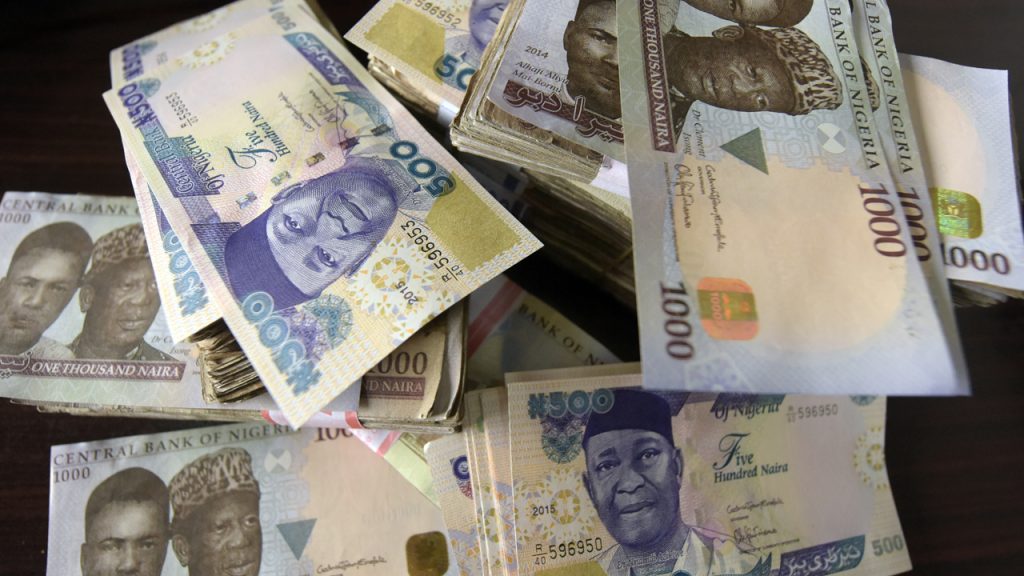
THE recent rebound of the naira after the Central Bank of Nigeria ordered Deposit Money Banks in the country to offload the excess dollars in their vaults comes as a welcome relief to Nigerians. Many citizens have had to cope with escalating cost-of-living after the petrol subsidy removal and floating of the national currency by the Bola Tinubu administration in 2023.
In a circular, the CBN had given a deadline of February 1 to commercial banks to sell all excess foreign exchange holdings in their vaults. It warned lenders against hoarding excess foreign currencies for profit. This is because the central bank believes that some commercial banks hold long-term foreign exchange positions to enable them profit from the volatile movements of exchange rates.
The circular came barely 48 hours after the CBN released a circular warning banks and FX dealers against reporting false exchange rates, among others. The new development came on the heels of the adjustment of the methodology used for the calculation of the country’s official exchange rate by the FMDQ Exchange, a situation that moved the official exchange to about N1,500/$1 from around N900/$1.
As the banks complied with the regulator’s directive, the currency recorded a sharp rebound in the official market. Bureau de Change operators were thus pushed to sell their dollar holdings amid fear that the naira might sustain the gain in coming days, with the currency going for between N1,350 and N1,400.
The reasons for naira’s slump are not far-fetched. The country has been low on industrial productivity and is not earning enough forex as there is little to export after crude oil. Receipts from crude oil have been falling, meaning that Nigeria does not have enough forex to meet demands.
The immediate trigger of the current situation was the decision of the Tinubu administration to float the national currency through the elimination of the multiple exchangpe regime, which left the naira at the mercy of market forces.
The external reserves with which the CBN could have supported the naira had plunged alarmingly to $33.23 billion at the end of the third quarter of 2023, per CBN. Nigeria’s foreign reserves, which were $5.4 billion in 1999, rose to $53 billion in 2008, but owing to the crash in the international price of crude oil in 2008 and the aftermath of the global financial crisis, the reserves declined to $42.4 billion in 2009.
Nigeria’s economy is almost collapsing. Tinubu must do everything in his power to ensure that the Dangote Refinery and others start production to reduce the forex being spent on imported petroleum products. The government needs to boldly sell off the four public refineries and ensure that modular refineries start working to give the currency a breathing space.
Currently, Nigeria is importing virtually everything. The Federal Government and the National Assembly must discipline their appetite for imported luxury items like luxury cars and planes to relieve the enormous stress these exert on the economy.
The CBN must get its acts together and resume the Monetary Policy Committee meeting, which has been irregular under the governor, Olayemi Cardoso. It used to be held every two months.
It is obvious that the floatation of the naira is not achieving the intended objectives. Therefore, the government must swallow the humble pie and review it. Before the merger of the rates, the exchange rate was N460.70/$1. The haphazard management of the currency has resulted in the exit of many multinationals from the country and the trend may continue in the months ahead.
The President must urgently constitute a crack economic management team to work out a direction for the economy, boost SMEs and manufacturing, and improve electricity supply, as no modern economy can grow without adequate power supply.













